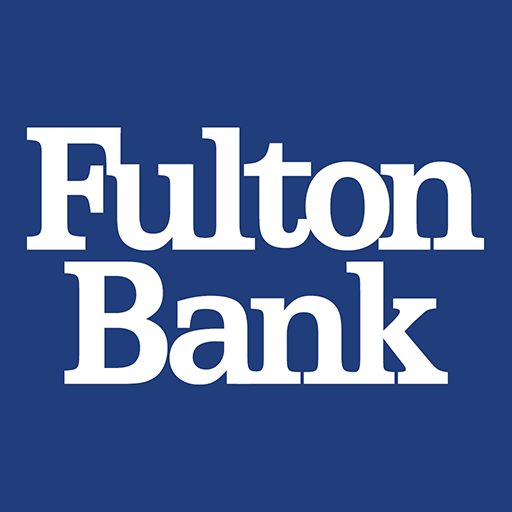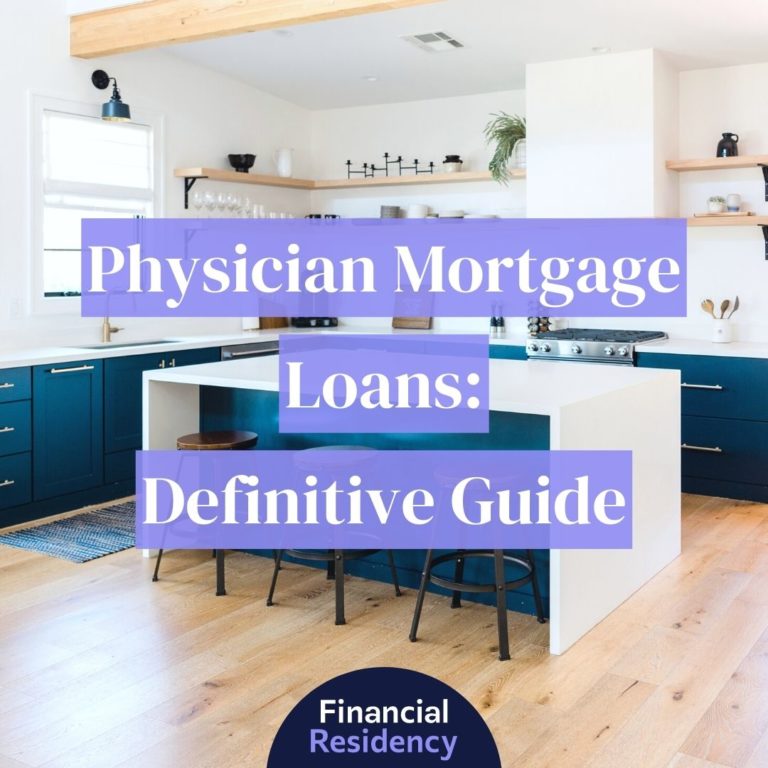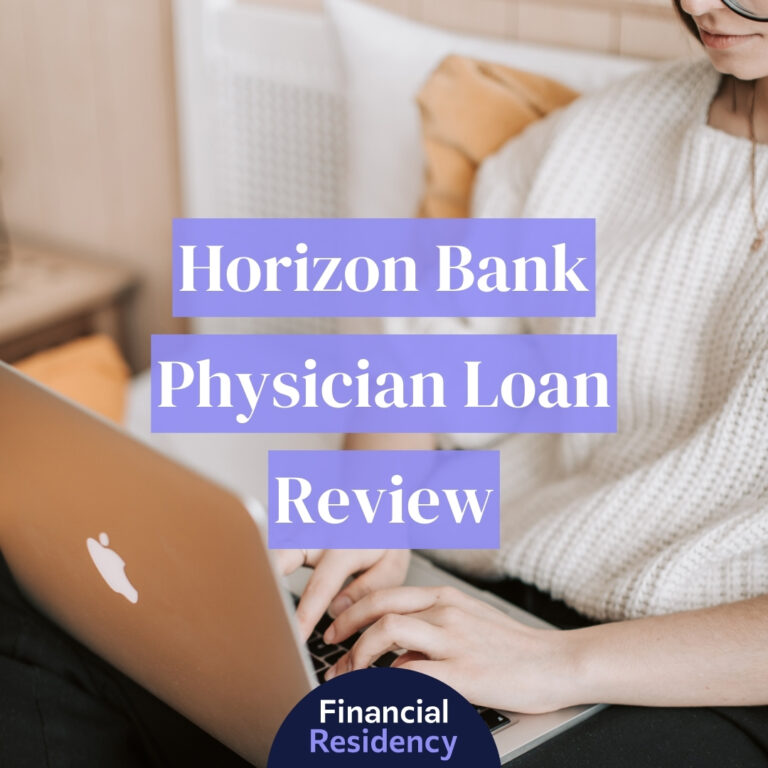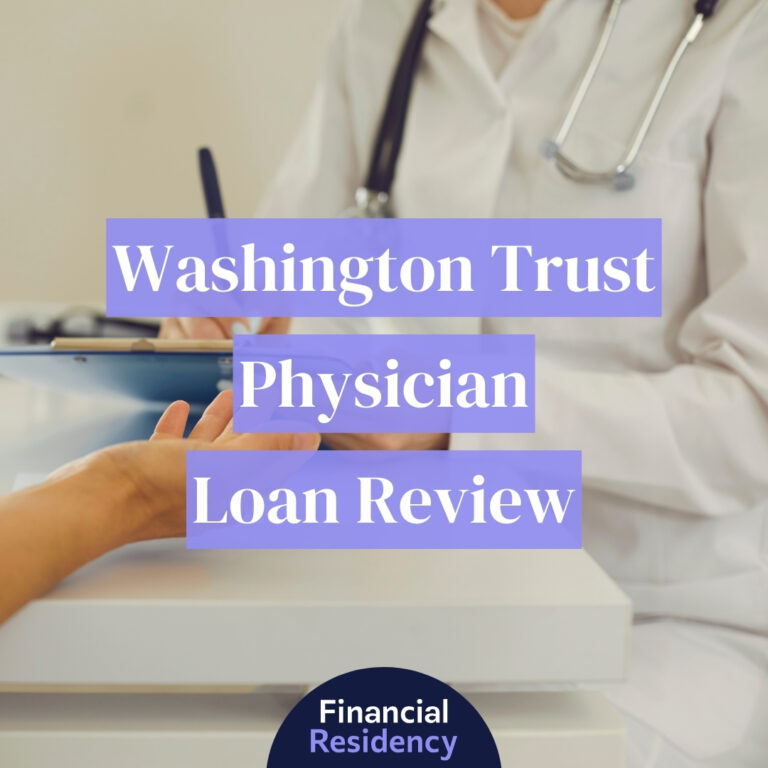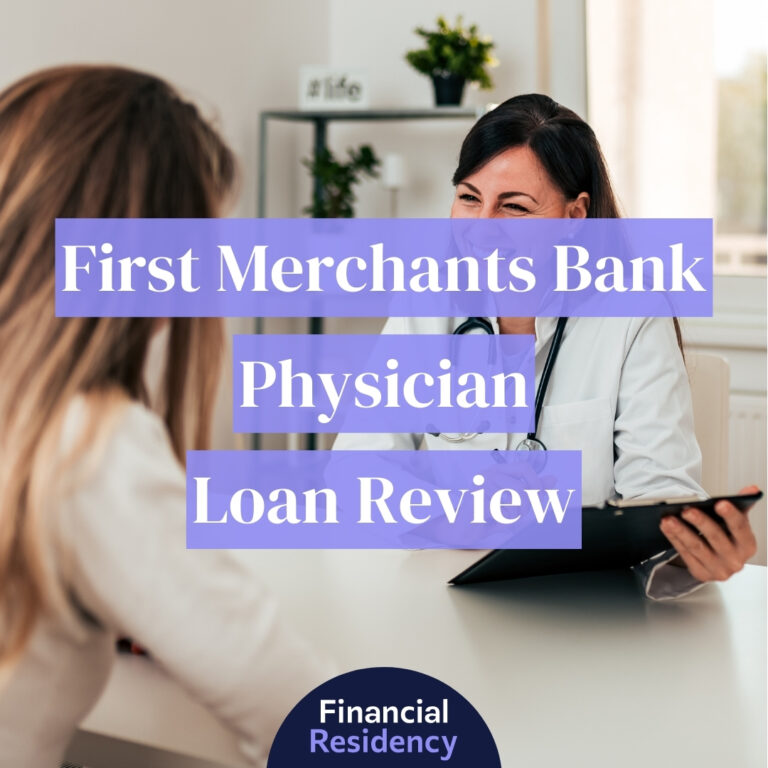The Fulton Bank physician mortgage loan is specifically for doctors who don’t qualify for conventional financing.
They offer much higher loan amounts than traditional financing, and many doctors may qualify to secure financing with no down payment.
About Fulton Bank
Fulton Bank originated in 1882 and is a part of the Fulton Financial Corporation. It is a regional bank that operates in Maryland, New Jersey, Pennsylvania, Delaware, and Virginia, which limits the number of doctors it can help since it’s a regional bank.
- BBB Score: A+
- CEO: Curtis. J. Myers
- Parent company: Fulton Financial Corporation
- Phone number: 1-800-385-8664
- Services offered: Personal, small business, and commercial banking services
Fulton Bank Physician Loan: Fast Facts
Here are a few fast facts about Fulton Bank’s physician mortgage loan program.
- Financing options: 90% up to $3 million, 95% up to $2 million, and 100% up to $1.5 million
- Physician loan products: 15 and 30-year fixed, as well as several adjustable-rate options
- Maximum loan amount: $3 million
- Qualifying degrees: Physicians, dentists, pharmacists, and veterinarians
- Private mortgage insurance: Not required
Fulton Bank Physician Loan: Qualifications
Fulton Bank’s physician loan qualifications are:
- Down Payment: 0% to 10%
- Eligible Degree: Medical doctorate
- Verified Income: Future-dated employment contract allowed for up to 90 days
- Closing cost assistance: Up to 6% of the sales price in seller-paid closing costs allowed
- Gift funds: Allowed from immediate family members
- Student loan deferment: Student loan payments deferred for 12 months or more aren’t included in DTI
How to Apply
Knowing how to apply for a Fulton Bank physician mortgage makes the process go faster and allows you to get approved sooner.
Here’s what to expect.
1. Talk to a Loan Officer for Pre-Qualification
Before going through the application process, discuss your situation with a loan officer.
After providing basic information about your credit scores, income, student loans, other debts, and assets, the loan officer can determine if you pre-qualify for the Fulton Bank physician mortgage program.
2. Gather Your Documents
Before applying for the physician loan program, you must have all the necessary documents, including:
- W-2s and paystubs if you already work
- Executed employment contract if you haven’t begun working
- Bank statements for the last 3 to 6 months proving your assets
- Most recent student loan statements, as well as any other statements if they don’t match the information on your credit report
- Government-issued ID
Use this time to review your credit report too.
If there is any negative information on the report that you can fix, such as late payments, overextended credit lines, or accounts that don’t belong to you, do what’s necessary to fix them. This may include contacting the credit bureaus to fix inaccurate information.
3. Get Pre-Approved
To formally apply for the loan and start the process, you must complete a loan application with a loan officer by calling Fulton Bank or visiting them in person. You can start the application process on the Fulton website by entering your location.
You’ll complete a loan application with the following information:
- Name and address (previous address if there less than two years)
- Income
- Assets
- Debts
- Current and previous employment information
You’ll then provide the loan officer with your documentation. An underwriter will review the documents and determine if you are pre-approved.
If you meet the loan requirements, Fulton Bank will provide a pre-approval letter. This states how much you can borrow, along with the rate and terms.
The letter will also include any conditions you must satisfy to get final approval, such as a clear title and home appraisal, along with any other issues they discover.
The pre-approval letter is usually good for 90 days, giving you time to locate a property and finalize your loan.
4. Lock Rate and Clear Conditions
After approval, you can lock your interest rate. Fulton Bank offers different lengths of time you can lock the rate, so be sure you choose a period that allows enough time to close the sale.
This is also the time you’ll complete the underwriting process. The bank will order an appraisal and title search on the property. You should also work on clearing any conditions during this time, such as updated paystubs or any extra information the lender requested.
5. Close the Fulton Bank Physician Mortgage
The final step is to close your Fulton Bank mortgage loan. This happens after you’ve satisfied all conditions. The bank must also determine the home value is high enough and the title is clear.
At the closing, you’ll sign the mortgage, note, and other important documents and take possession of your new home. Your first payment is usually due around 45 days after the closing date.
Fulton Bank Physician Loan: Alternatives
Since Fulton Bank is a regional bank, its reach is limited. Here are some alternatives to consider.
1. Bank of America
Bank of America offers physician loans up to $2 million with down payments ranging from 3% – 15%.
They offer fixed and adjustable-rate loans, and the loans are available to medical professionals with the following degrees: MD, DDS, DMD, DO, OD, and DPM. You must have a Bank of America bank account to apply.
2. TD Bank
TD Bank offers loans up to $1.5 million with 10.01% down. Borrowers can secure 100% financing on loans up to $1,000,000.
The program is open to doctors with an MD, DO, DPM, or DDS degree. You can also apply with an executed employment contract before starting your new position or residency.
3. Fifth Third Bank
Fifth Third Bank offers physician mortgage loans for new and established doctors. Residents, fellows, and new doctors can borrow up to $1 million with no down payment on a fixed or adjustable-rate loan.
They don’t charge PMI, and if you’re an established doctor, you can secure financing up to $2 million with a low down payment. The program is open to those with the following degrees: MD, DO, DDS, DPM, DVM, DMD, and OD.
4. BMO Bank
BMO Bank offers a physician loan program for residents, fellows, and new doctors. They allow you to qualify with an executed employment contract before starting work and don’t charge PMI.
They lend up to 95% on loans up to $1.5 million and 90% on loans up to $2 million. BMO Bank offers fixed and adjustable-rate loans for purchase or refinance. The program is open to doctors with the following degrees: MD, DDS, DMD, and DO.
Discover The Best Lenders Answer just a few questions about your career, where you're buying, and how much you want to borrow. Our service will then show you the exact programs you're eligible for from vetted physician loan specialists who will guide you through every step of the process – obligation-free!
Pros and Cons
Understanding Fulton Bank’s pros and cons can help you determine if it’s the right choice for you.
Pros
- Offers loans up to $3 million
- Offers fixed and adjustable-rate loans
- No PMI required
- Options for no down payment
Cons
- Only available in a handful of states
Frequently Asked Questions
Do doctors get loans easily?
Doctors have an easier time qualifying for physician loans because many lenders exclude some or all student loan payments. They may also have benefits such as larger loan amounts with little to no down payment and no PMI required.
Is a physician loan the same as a conventional loan?
Conventional loans have some similarities to physician loans, especially the fact that a government agency, such as the FHA or VA, doesn’t guarantee them.
However, conventional loans have stricter guidelines than physician loans, especially regarding the down payment, loan amount, and debt-to-income ratio.
Do doctors get lower mortgage interest rates?
Typically, doctors do not get lower mortgage interest rates, especially on physician loans, because lenders take a large risk offering no and low-down payment loans for high loan amounts. These loans also don’t require PMI, which is another risk for lenders.
How much money can I borrow with a Fulton Bank physician loan?
Fulton Bank allows loan amounts up to $3 million with a 10% down payment. The amount you qualify for depends on your qualifying factors, aka what you can afford.
